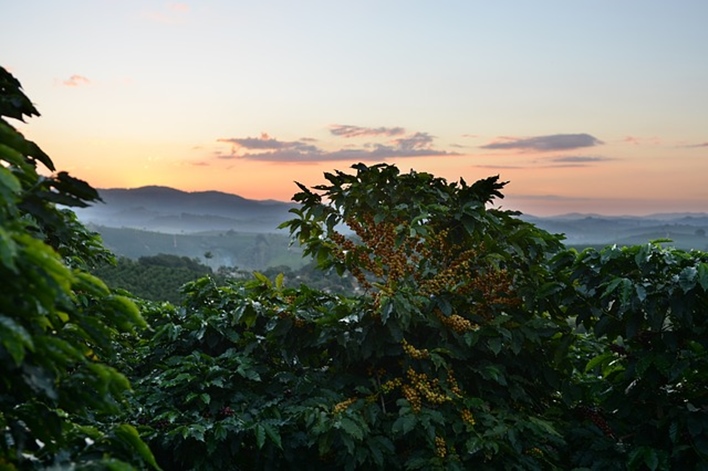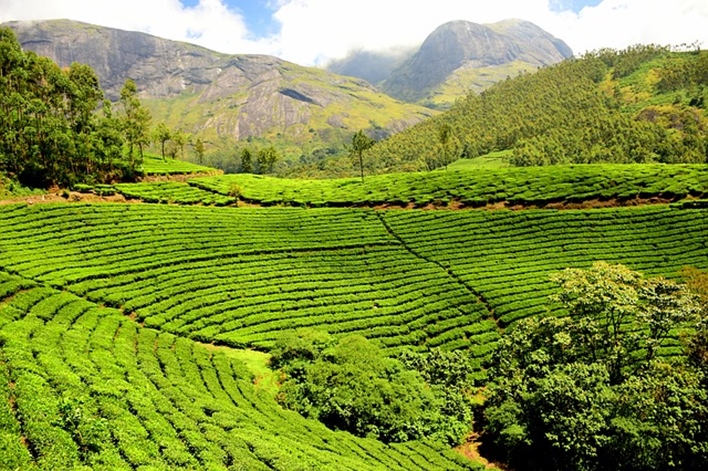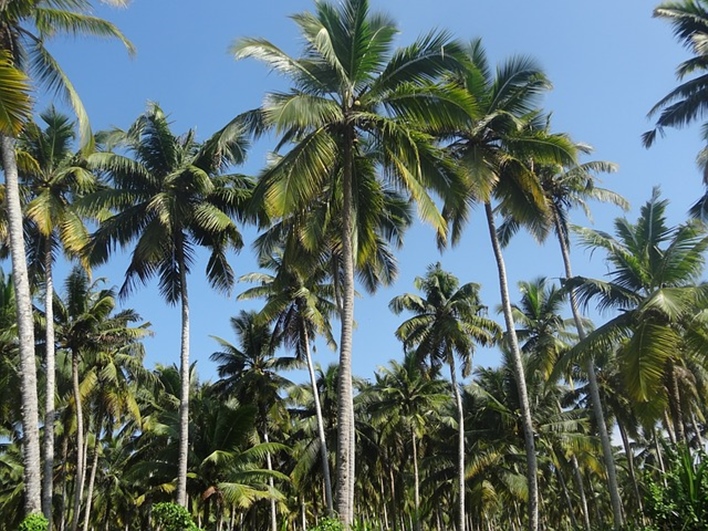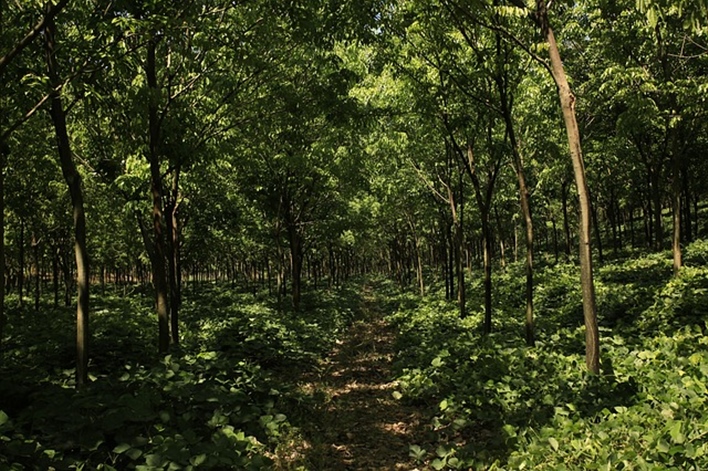The term plantation refers to the cultivation of crops on an extensive scale for commercial sale. The plantation industry in Karnataka depends on several high-value commercial crops such as coffee, tea, rubber, pepper, cardamom, cashew, coconut, areca nut, etc. The main districts where plantations are carried out in Karnataka are Chikmagalur, Hassan, Kodagu, Dakshina Kanada.

Karnataka Planters’ Association (KPA)
The Karnataka Planters’ Association (KPA) is the apex body that finalizes plantation decisions in the state. The association was established in 1958 as a non-profit organization. The main objective of the association is to represent, promote, and protect the interests of Karnataka’s plantation industry in all parts of the world.
Benefits of the Karnataka Plantation Industry
Some of the main benefits of the plantation industry in Karnataka are:
- The plantation industry contributes towards the economic development of the state. The industry helps to improve the economy by earning through export of the commercial crops.
- The industry provides direct and indirect employment to a large number of people in the state. It, therefore, helps to reduce the problem of unemployment.
- The plantation industry of Karnataka provides support to several rural and by-product industries.
- The plantation crops effectively conserve the soil and the ecosystem. They provide protection against soil erosion during the monsoon season.
Major Plantation Crops of Karnataka
Coffee: Karnataka is the largest producer of coffee in India. It accounts for about 70% of the total coffee produced in the country. Chikmagalur, Hassan, and Kodagu are the major coffee plantation regions of Karnataka. Shimoga and Mysore are also known for their coffee production.

Tea: Tea is another major plantation of Karnataka. The state is a leading contributor of tea production in India. Coorg is the state’s largest tea producing region. The Baba Budan Hills of Sahayadri Mountain Range is a tea producing region where extensive tea plantations are carried out.
Cashew: Karnataka is known for its cashew plantations. The state occupies the sixth position in cashew production in the country. Dakshina Kannada district has the highest area under cashew plantations followed by Udupi, Chikballapur, Belgaum, Kodagu, Kolar, and Uttara Kanada.
Cardamom: Cardamom, known as the queen of aromatic spices, is an important plantation of Karnataka. Though the production of cardamom has been witnessing a decrease in the state in the last couple of years, it is still a major plantation in some parts of the state. The main cardamom growing districts of Karnataka are Chikmagalur, Shimoga, Hassan, and Kodagu.

Pepper: Karnataka is a leading producer of pepper and accounts for almost 50% of the country’s production of this crop. Uttara Kanada and Kodagu are the two major pepper plantation districts of Karnataka. Chikmagalur is also known for its pepper plantations where the farmers are taking up pepper as an adjunct crop.
Coconut: Coconut is an important plantation crop of Karnataka. The state accounts for about 12% of the country’s total coconut production. In Karnataka, this plantation is mainly grown under rainfed conditions in the coastal areas. Chikmagalur, Uttara Kanada, Dakshina Kanada, Hassan, Chitradurga, and Tumkur are the main districts where coconut plantation is done in plenty in Karnataka.
Areca nut: India is the largest producer of areca nut in the world and Karnataka is a major contributor to this production. The areca nut plantations in Karnataka are primarily found in the Uttara Kanada, Dakshina Kanada, Chikmagalur, Tumkur, and Shimoga districts.

Rubber: Karnataka occupies the third position in the natural rubber production in the country. Karnataka is considered to be a non-traditional region for growing rubber, but it is being successfully grown in the state. Coorg and Chikmagalur are the main districts where rubber plantation is carried out in the state. Dakshina Kanada and Kodagu also grow rubber on moderate scales.